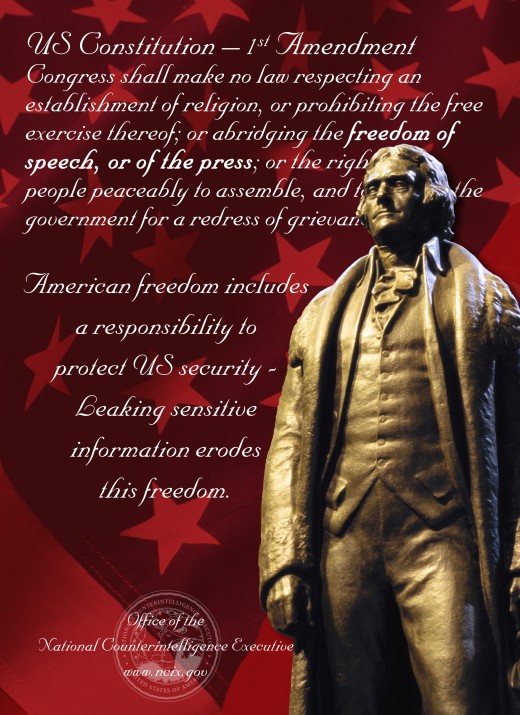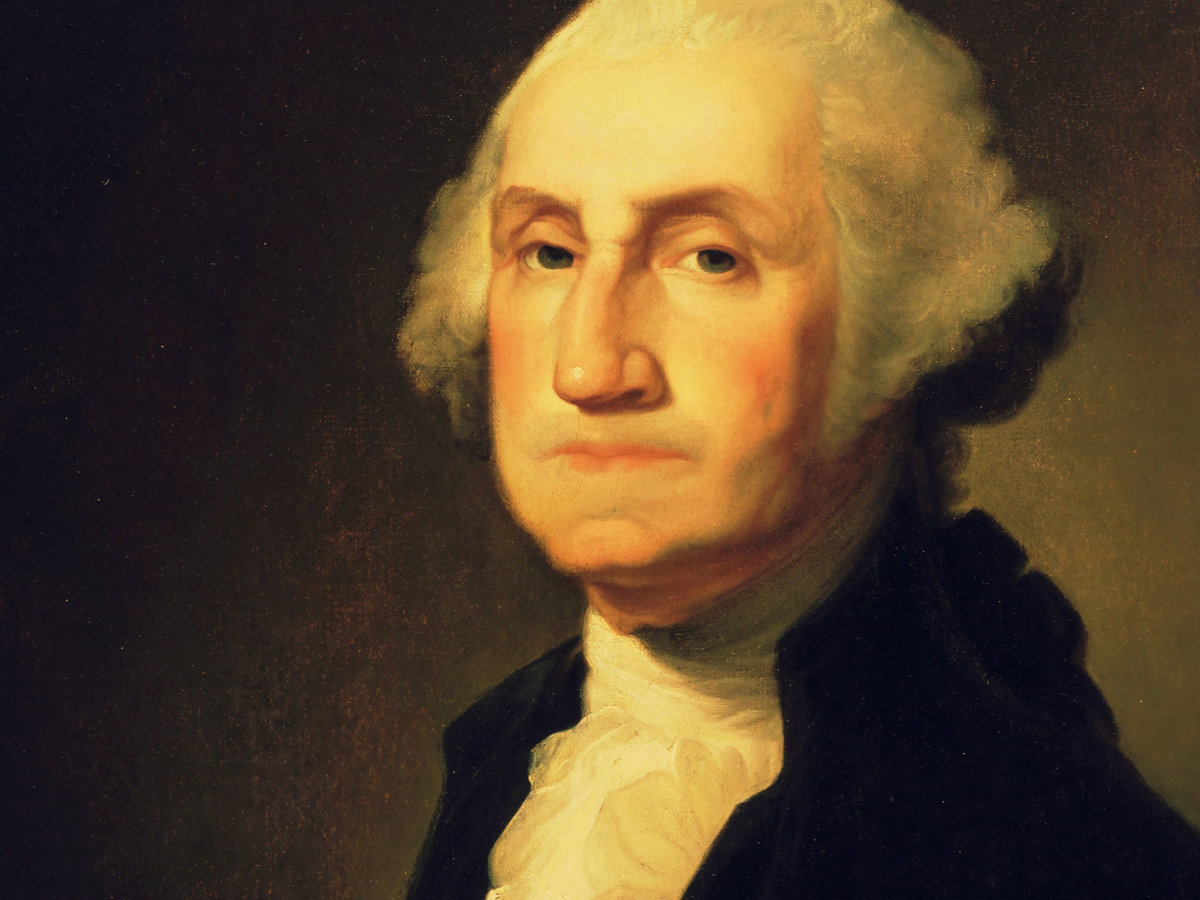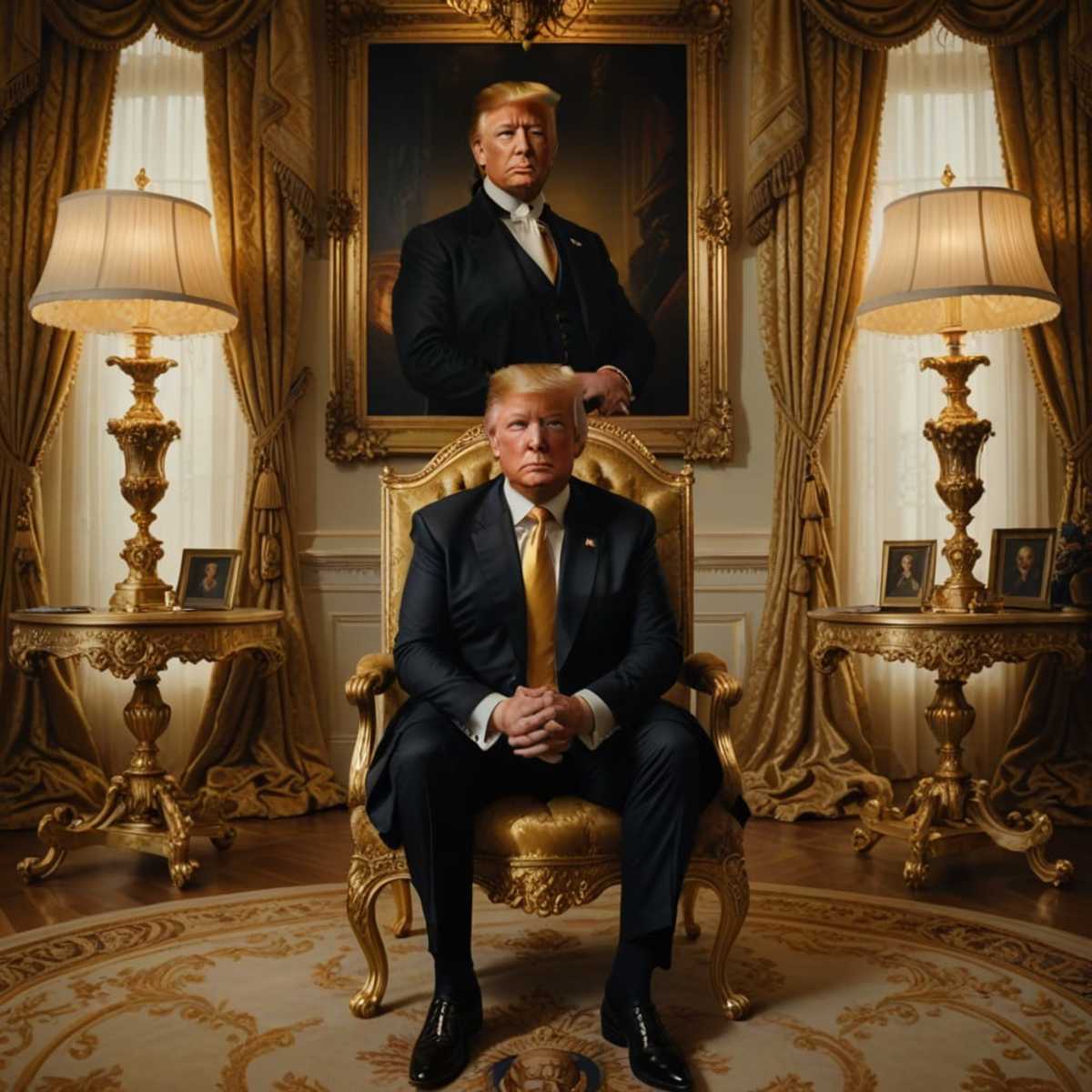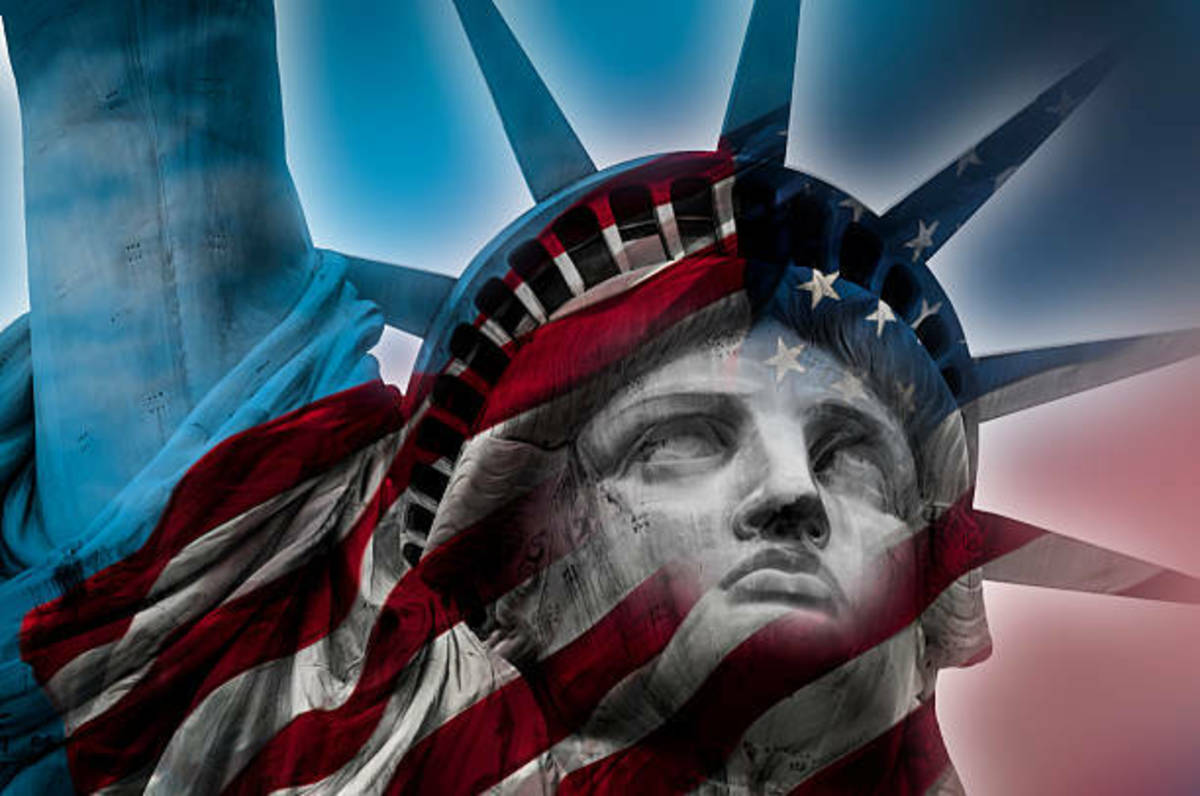Tocqueville on America
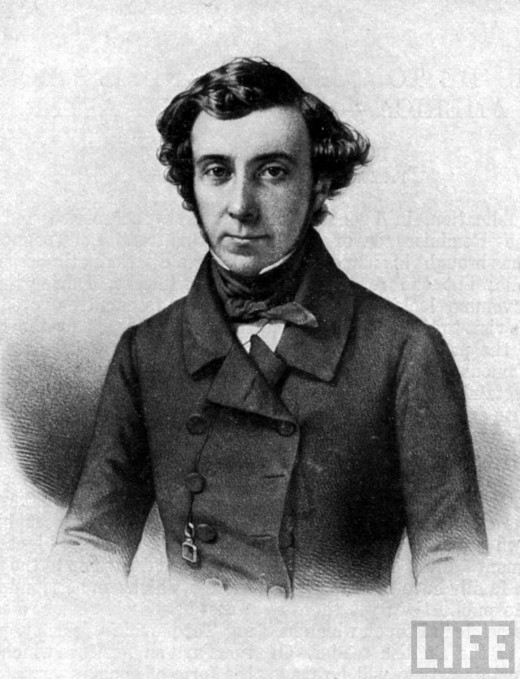
Alexis De Tocqueville
Alexis de Tocqueville was a French aristocrat and political thinker who came to America in 1830 to see "What a great Republic looks like."
He spent nine months seeing as much of the young country as possible. Tocqueville later wrote two books about America that stand today as great classics, especially Democracy in America.
I will attempt to convey in only 600 words what Tocqueville thought about America.
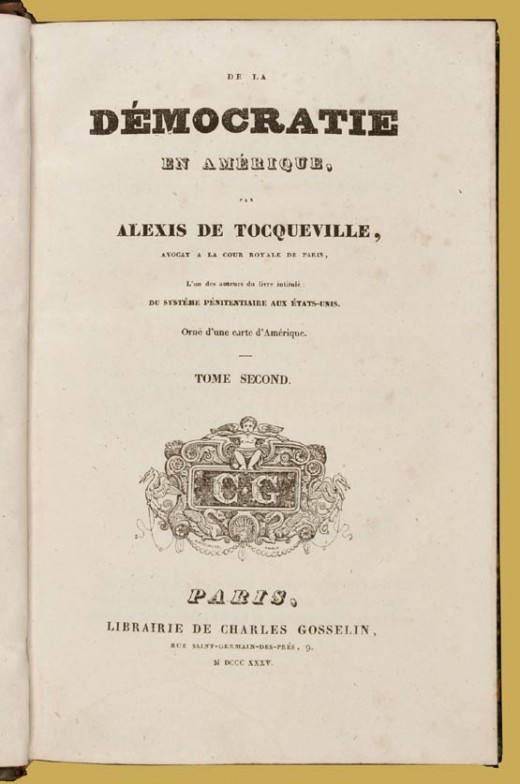
Democracy in America
Alexis de Tocqueville (1805-1859) wrote that America was the land of democracy, an astonishing nation where democracy was first seen on earth, least hindered, and best perfected. Tocqueville believed the sovereignty of the People to be the foundation of American democracy.
The Puritans came to America for a reason, and thus the founding of our country is not shrouded in myth, or lost to the mists of time. To the Puritans the founding of America is Divine Providence. The Federalist Papers stated that America was to set an example for all mankind.
Democracy is largely government by popular opinion, as can be seen by the reliance of politicians on opinion polls today. An homogenous society is important to unity, because people tend to see those as most human those who are like oneself, according to Hegel, which tends to smooth the path to compassion for those less well off, and admiration—not envy—for those who have done better.
The great majority of Americans are neither rich nor poor but middle class. They are much attached to their personal property and therefore desirous of law and order.
America was founded as a decentralized country. There was a definite purpose in allowing each town to have a substantial measure of local authority. Serving on the local jury is a free school, and teaches people to reign.
Frequent town meetings, to which all citizens were invited to participate, and the numerous short-term elective offices put in place, gave people local sovereignty over things they personally knew about and cared about—what public buildings, parks, and other public works should be built and could be afforded; what culture and local school curriculum would best reflect the values of the residents. The consequences of these choices were readily apparent, making choosing well worth the time and effort. Good results reflected wise choices, and people took pride in their communities.
Counties had less authority, and dealt with issues that necessitated county-wide action, based on what the majority of elected town representatives decided.
States had less authority still, and had sovereignty over issues that were statewide in scope, but again decisions were made by the majority of representatives from the towns.
The federal government had the least authority over the lives of the countrymen. Only those things that must involve the entire nation were under its jurisdiction—the defense of the voluntary union of states, foreign treaties, a common currency, and the resolution of conflicts between states.
The foundational unit of American life is the family. Maintenance of liberty depends on virtuous habits of the heart. Virtue must be rewarded for society to influence the majority in that direction. This is why it is important for communities to have no public tolerance for adultery, and to frown on divorce.
Family and religion may be separate from government, but both are crucial to self-government. Tocqueville wrote that for America to succeed religion must be "the first of America's political institutions."
Tocqueville warned against a big national government, which would "relieve individuals of the necessity of acting and thinking on their own, and gradually rob them of several of the principle attributes of humanity."
Such universal debasement would replace God with the state, Tocqueville predicted in 1840. Power must be divided to preserve a degree of independence among states, counties, towns, and individuals. This will enable and encourage citizens to do more for themselves. Greater centralization of power will destroy democratic freedom.
America's greatness would require a vigorous defense of the principles on which the nation was founded for the sake of the nation's soul.
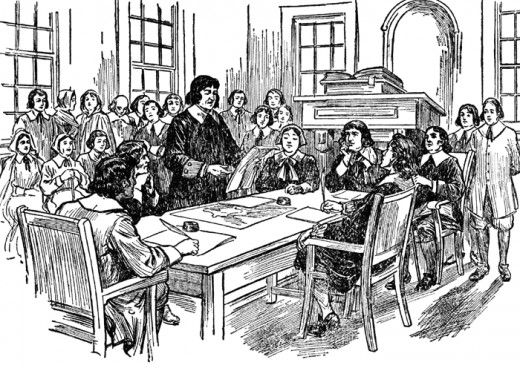

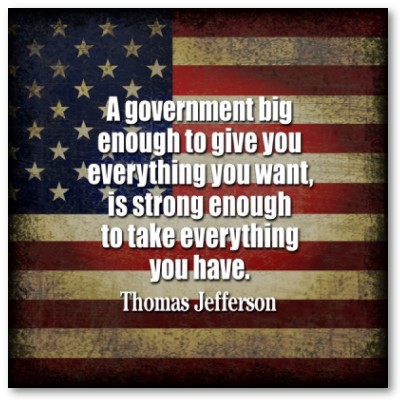
Sources
My source for this Hub is History of American Political Thought by Bryan-Paul Frost and Jeffrey Sikkenga.
